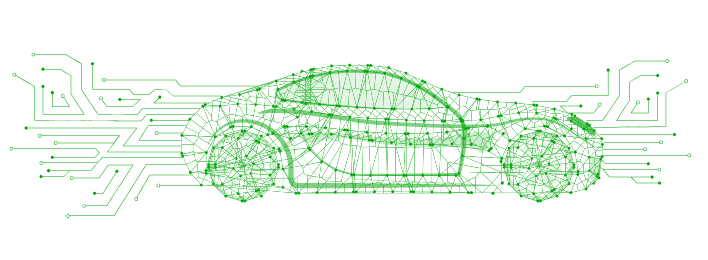
Charging
Solutions
EV Charging Solutions Development
As an EV charging solutions company, we develop for our clients wired and wireless chargers of any complexity, as well as advanced battery and station management systems.
From custom charging units to scalable end-to-end software and hardware systems, Promwad's team is here to help you. Discover our services to empower your journey.
Explore Our Services
EV charging solutions
Our team creates smart EV solutions, including network-enabled chargers, IoT infrastructure, and charging station management software.
Battery management systems (BMS)
We develop various BMS solutions tailored to your needs, ranging from protection and balancing boards to advanced microcontroller devices.
Wireless charging solutions
We implement OCPP, integrate V2G, and build battery swapping infrastructure, switch boxes, EV charging station management systems to charge EVs on the go.
Why Promwad
![]()
Vendor partnerships
We've partnered with market leaders in advanced technologies, such as NXP, Lattice, and Ambarella, and have early access to their latest solutions.
![]()
Meeting standards
We've created automotive solutions for Tier 1 automotive suppliers, ensuring reliability according to ISO 26262, MISRA, and up to ASPICE CL2.
![]()
Faster development
We prioritise quick setup and team onboarding, allowing us to immediately streamline the process and deliver results without compromising quality.
We Work With

Our Engagement Models
Time & Material
– Payments for actual hours worked
– Regular reporting of time and results
– Regular communication with the team
– Connecting / disconnecting engineers on request
– Flexible development process
Dedicated Team
– Fixed monthly costs
– Custom-built team with specific competencies
– Fully dedicated engineering team
– Comprehensive IT infrastructure
– Max efficiency for complex projects
Project-Based
– Budget control
– Reduced risk
– Flexible resource allocation
– Clear scope
– Predictable timeline
– Quality control
Do you need a quote for your EV charging solution?
Drop us a line about your project! We will contact you today or the next business day. All submitted information will be kept confidential.
